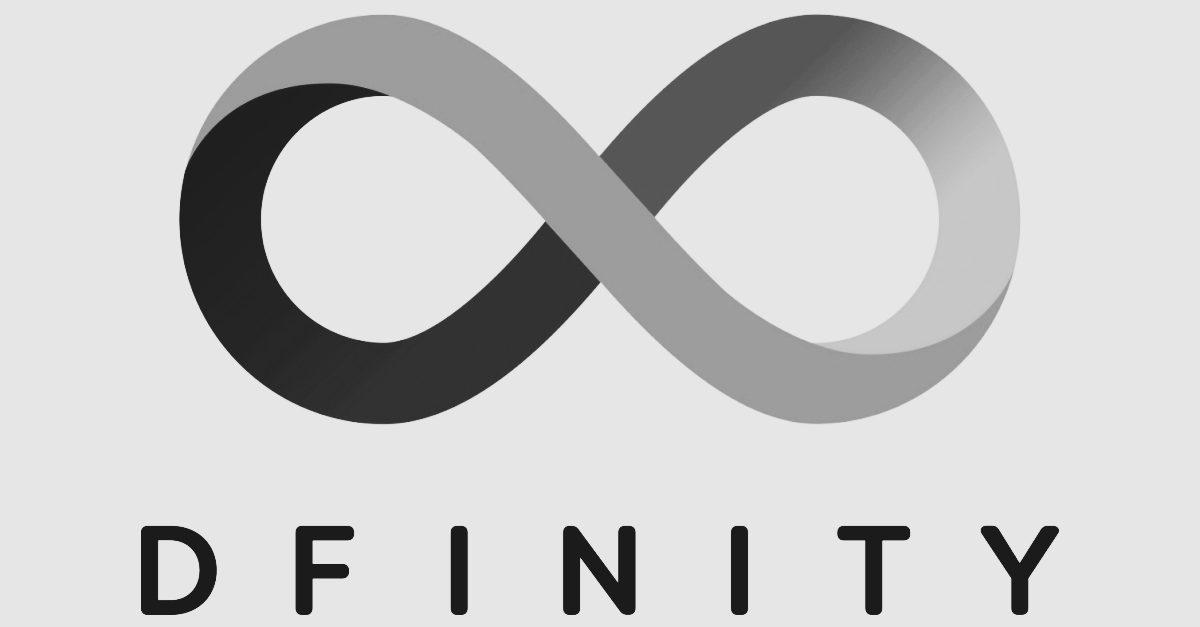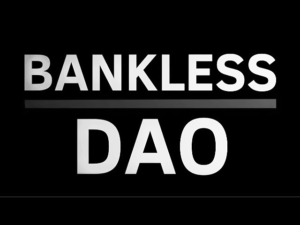46: The Dfinity Foundation & The Internet Computer // Kyle L.

Background on The Dfinity Foundation:
The Dfinity Foundation is a nonprofit organization that was created to support and promote the development of the Internet Computer, a decentralized computing network. The Internet Computer aims to provide a secure and scalable platform for building and hosting applications, services, and websites without relying on traditional centralized infrastructure.
The Dfinity Foundation was founded in 2016 by Dominic Williams, who also serves as the chief scientist of the organization. It is based in Zurich, Switzerland. The foundation has played a central role in the development of the Internet Computer and has been responsible for coordinating the project’s research, engineering, and community-building efforts.
The Internet Computer utilizes a blockchain-based protocol called the Internet Computer Protocol (ICP) to enable decentralized computation and data storage. It aims to provide a seamless and open internet environment where developers can create and deploy applications with ease. The protocol introduces concepts such as “canister,” which represents an autonomous smart contract that can interact with other canisters and external systems.
Time-Stamped Show Notes:
- 1:02 Eric: provides a brief background about Dfinity Foundation.
- 3:57 Kyle: explains what Dfinity Foundation is all about.
- 5:29 Kyle: Dfinity has about 200 employees but most are in research and engineering.
- 6:15 Kyle: they are the top employers of cryptographers outside of government agencies.
- 7:31 Kyle: Dfinity is completely nonprofit and their vision is to make valuable contribution to the internet.
- 11:11 Kyle: explains how Dfinity will replace the modern internet.
- 12:38 Bhargav: is very much fascinated with subnets.
- 12:53 Kyle: delves into the topic of subnets.
- 14:13 Kyle: they currently have about 37 subnets and two of them are specialty subnets.
- 14:32 Kyle: the two specialty subnets are for special use cases.
- 15:42 Kyle: the node providers are basically providing a hardware service.
- 16:18 Bhargav: wants to know if there will be penalties for node providers who have gone rouge or do something illegal.
- 17:40 Kyle: talks about how they avoid collusion between node providers.
- 20:39 Kyle: it will take about $20,000 to run a node.
- 22:07 Kyle: offers info about Dfinity’s voting power in the DAO and how many members are in the DAO today.
- 23:08 Eric: is excited about liquid democracy, which is also being implemented by Dfinity.
- 26:52 Bhargav: is extremely impressed about what Kyle said about not having governance vote without staking.
- 27:50 Kyle: staking for 8 years will get you a lot of voting power compared to those staking for only several months.
- 28:12 Kyle: adds more to the topic about liquid democracy.
- 30:09 Kyle: the central nervous system of the protocol is called NNS or Network Nervous System, which he thinks is not a very good marketing term.
- 30:52 Bhargav: has no problem with the term NNS.
- 31:13 Kyle: touches on the subject of a DAO controlling a software.
- 32:27 Eric: curious about how the protocol works and how the subnets communicate with each other.
- 33:28 Kyle: gives an overview of how their protocol works.
- 34:42 Eric: the 3 main Dfinity DAO structures that positively triggered Eric were 1. you can’t vote until you stake, 2. liquid democracy with more functions, and 3. giving compensation for people who vote.
- 36:07 Kyle: they look at their protocol like a startup, which focuses on growth. Currently, they are at about 3% inflation but they will eventually achieve that zero inflation goal.
- 37:41 Kyle: the Dfinity protocol nomenclature is not being used anymore.
- 38:48 Kyle: offers his own understanding about Wasm in relation to Dfinity.
- 39:27 Bhargav: gives his own take on Wasm.
- 40:37 Kyle: thinks there are so many things that you can do if you host everything on chain.
- 41:56 Eric: wants to delve more on the singularity concept.
- 42:30 Kyle: provides his explanation on the singularity concept.
- 44:27 Kyle: explains that the DAO can hold both Bitcoin and Ethereum. It’s also going to be possible to swap Bitcoin with Ethereum without the need for a third party.
- 47:18 Eric: has a random thought about the average dollar value of a customer on a social platform and how to measure it.
Key Points from this Interview:
- “Dfinity does not own the internet computer, it’s owned by the DAO. Dfinity has 22% of the voting power on that DAO, and trying to really hone in on that understanding of like, this is the people’s protocol, this is your protocol. So, there’s different things, Dfinity is just the contributor.”
- “By having everything on chain, you can now have a DAO fully own an application. That right there I think is probably the differentiating factor between what DAOs can do from a business perspective versus if you launch a Web 2 traditional business.”
Resources Mentioned:
- Dfinity Foundation Website: InternetComputer.org
- Twitter: @dfinity



